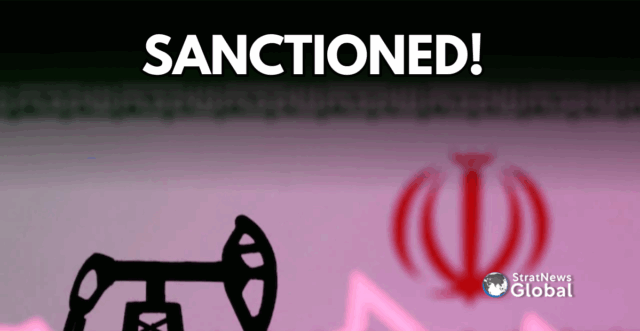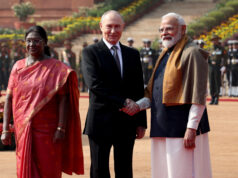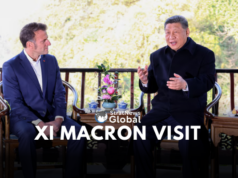Six Indian firms have fallen victim to US sanctions even while doing no trade with the US. They are accused of buying US-sanctioned Iranian petrochemical products, and while some may have done so by buying directly from Iran, others bought the same from suppliers in the UAE.
All the cargoes went to India, nothing to the US. But in the world of international trade dominated by the US dollar, and linked to Western shipping insurers and banks that observe rules laid down by the Office of Foreign Assets Control, which is part of the US Treasury, these six Indian firms got hopelessly entangled.
None of these Indian firms under US sanctions are publicly listed or even widely known. But according to industry sources, these are key links in the supply chains that are critical to textiles, plastics and pharmaceuticals.
The firms are Kanchan Polymers, Alchemical Solutions, Ramniklal S Gosalia and Company, Jupiter Dye Chem, Global Industrial Chemicals, and Persistent Petrochem.
Kanchan Polymers, described as a “small player” in the industry, bought $1.3 million of Iranian polyethene from a supplier in the UAE. Persistent Petrochem did the same over a one-year period from January 2024 to January 2025 and, according to the US, bought $14 million of Iranian petrochemicals, also from a UAE supplier.
Global Industrial Chemicals reportedly imported $51 million of Iranian methanol and related products, which are critically required in the Indian plastics and coatings sector. It doesn’t sell anything directly to the US, but is now at risk of being isolated by Western banks and financial intermediaries.
The US “weaponizing” of even trade, which does not touch its shores, will add to the clamour in some quarters that “de-dollarisation” is the only way forward. This is a persistent demand within the BRICS, although India and some other members have publicly opposed to it.
An analysis in Modern Diplomacy by Ayesha Sikandar last month titled Indian Factor in BRICS De-Dollarization Dream, notes that “India’s long-term development goals – digital, infrastructure, clean energy transition projects, poverty alleviation and advanced manufacturing are tied mainly to the Western sphere.”
If all of the above is to materialise, India needs technology, investment and Western multilateral financial institutions, and that could be at risk if it pursues de-dollarisation.
In that sense, Sikandar writes, “India is among the most dollarized countries in the world and escaping dollarized systems would have an irrecoverable impact on its growing economy. India views the US as vital for its economic modernization and global political clout.”
All this, of course, is scant comfort to the Indian firms sanctioned by the US. India will have to work with the US in this regard, hoping to temper some of the harsher realities of global geopolitics.





